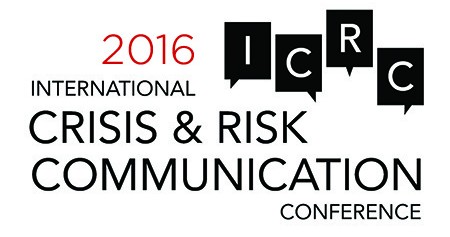
Associate Professor
Dalhousie University
Canada
Kevin Quigley, Ph.D. is an associate professor at Dalhousie University, Halifax, Canada. He is also the inaugural Scholarly Director of the new MacEachen Institute for Public Policy and Governance. He specializes in public sector risk and crisis management, strategic management and critical infrastructure protection and is particularly interested in research methods that employ interdisciplinary and comparative approaches. He has published extensively in the field of risk communications in journals such as Health, Risk and Society, the Journal of Homeland Security and Emergency Management and Canadian Public Administration. He has also published a critically acclaimed book on Y2K. His work has been supported by the Social Sciences and Humanities Research Council, the Economic and Social Research Council, Defence Research and Development Canada, Public Safety Canada and Public Safety New Brunswick. He is also the founder of the CIP Initiate at Dalhousie (www.cip.management.dal.ca). As the new scholarly director at the MacEachen Institute, he will lead a research institute that is committed to making research more accessible and applicable, and is a hub for academics, policy leaders and youth to exchange views on public policy challenges.
When ‘shock and awe’ becomes banal and predictable: Patterns in media coverage of crises
In any democracy, media play an important role in educating the public and holding governments to account. The public needs to be informed about risks and the roles that governments play in responding to them; much of their information about crises comes from the media. Does media coverage during crises generate informed commentary and insight? Or is media coverage predictable and banal, opting for well-worn media routines, even in the midst of chaos? This presentation will include original findings from our database of over 40 events and 3,000 articles; the presentation will demonstrate patterns in selected print media coverage of natural disasters, industrial failures, cyber events, terrorist attacks and terrorist plots in the Australian (Australia), The Globe and Mail (Canada), the Daily Telegraph (the United Kingdom) and the New York Times, all influential and highly distributed broadsheets in their respective countries. The presentation will include media coverage from several perspectives: the volume of coverage; the rate at which articles were published; headline tone; and perceived performance of key public and private institutions. Although government plans frequently cite that owners and operators of critical infrastructure (CI) are responsible for maintaining and protecting their own CI, governments are clearly ‘in the frame’ during these events. Moreover, despite the fact that natural disasters occur more often and cost more than any other type of event, media coverage may prompt overreaction to industrial failures and terrorist attacks and under-reaction to natural disasters and cyber events. The type of event seems to be the prevailing factor rather than the news source; all sources in this study showed similar patterns.


